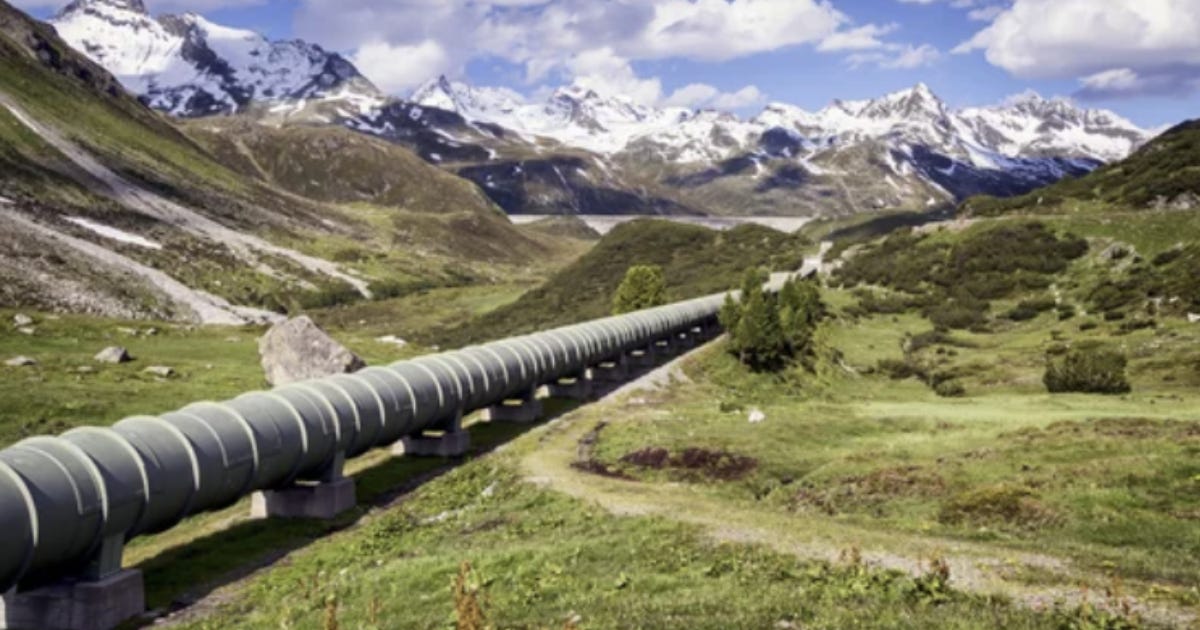Trans Mountain Expansion generated $12.6B in new revenue
The Trans Mountain pipeline expansion has reportedly boosted Canada's oil industry, generating an estimated $12.6 billion in new revenues and providing a fiscal uplift for governments, according to an
The Trans Mountain pipeline expansion has reportedly boosted Canada's oil industry, generating an estimated $12.6 billion in new revenues and providing a fiscal uplift for governments, according to analysts.
The expanded pipeline, operational in May 2024 after years of delays and cost overruns, has improved market access for Canadian crude, raising prices and increasing export volumes, an Alberta Central report states.
Alberta Central is a financial service provider for credit unions in the province.
The $34-billion pipeline expansion connects Strathcona County, Alta., to Burnaby, B.C., spanning 1,150 km.
It boosted capacity from 300,000 to 890,000 barrels per day.
"Whether these benefits justify the $34 billion in cost is likely to remain a source of debate for many years to come, (but) our analysis suggests that the benefits from TMX will outweigh the costs in the long run,” said Charles St-Arnaud, Alberta Central’s chief economist.
The federal government bought the pipeline for $4.5 billion in August 2018 under then-prime minister Justin Trudeau, a deal that included both the existing TMX and the expansion project.
Construction began in 2019 after overcoming regulatory and legal challenges. It was completed in May 2024, six years behind schedule, becoming the first new pipeline to the West Coast in 70 years.
Alberta Central’s findings indicate expanded access to U.S. refineries and overseas markets, including China, which has reduced the discount on Canadian heavy oil.
The report estimates Alberta alone could see $5.4 billion in additional tax and royalty revenues, representing nearly seven per cent of provincial revenues in the 2024-25 fiscal year.
While the Liberal government approved the project, it also introduced environmental policies and regulations that drew opposition from Premiers in Alberta and Saskatchewan for being hostile to oil and gas development.





